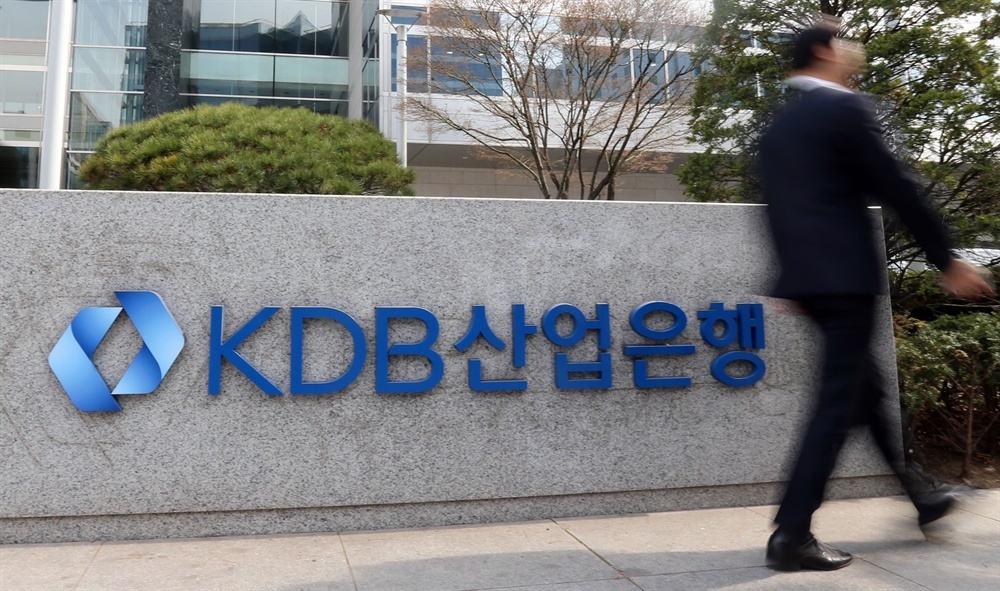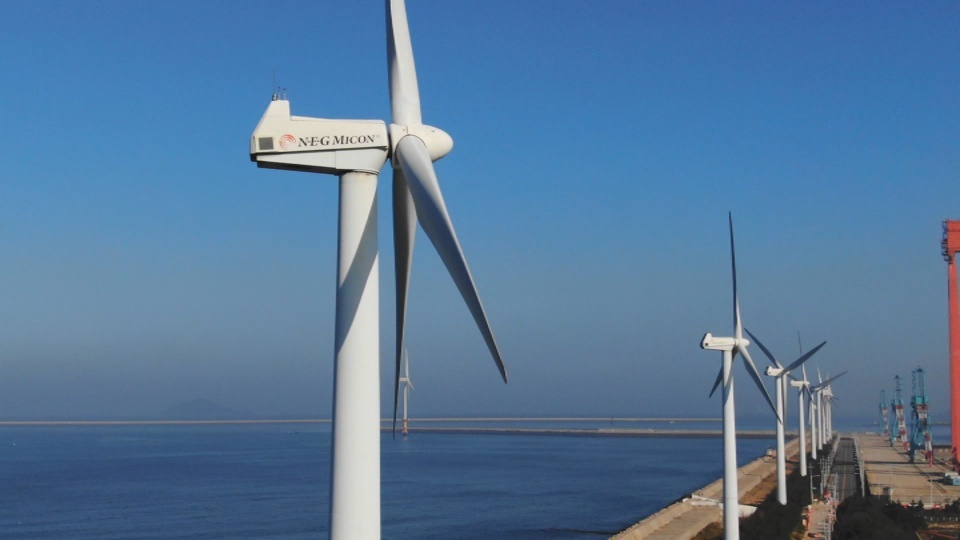South Korean firms have issued more than 5 trillion won ($4.27 billion) worth of environmental, social and governance-related bonds so far this year, which surpasses the volume of the asset class floated for the entirety of last year.
ESG-related bonds are fixed income investments -- mostly issued by government-run organizations or institutions at the moment -- that finance environmental or social projects that help boost transparency and sustainability in society.
Local firms including state-run financial institutions have issued a total of 5.6 billion won of ESG-related bonds as of May 22, Bloomberg data showed. This exceeds the 4.9 billion won worth of such bonds issued throughout 2018.
 |
The Korea Development Bank’s headquarters in Yeouido, western Seoul (Yonhap) |
The latest figure is a sign that Korea’s ESG bond market has been growing at a faster-than-expected speed since last year, boosted by local investors seeking purpose-driven instruments.
It is also a noteworthy leap from the corresponding figure of 590 billion won in 2013, when ESG-related bonds were first officially introduced to Korean investors. The state-run Export-Import Bank of Korea was the first local firm to issue the relatively-new asset class with global green bonds.
But experts, citing data, say that it was only last year when the market really started to expand.
Until recently, ESG-bond issuers were restricted to state-run financial institutions due to stringent requirements the product needs to meet to be considered “ESG.” Now, even firms outside the finance sector are eyeing the bonds due to their growing popularity.
Korean electric-vehicle battery maker LG Chem last month issued a total of $1.56 billion in global green bonds --which are categorized as ESG-related bonds for their nature -- marking the biggest-ever volume for ESG bonds sold by a Korean firm.
“There is a high demand for ESG-related bonds at the moment, backed by the local investors’ growing interest in ethical and sustainable finance,” Lee Dong-hyun, a spokesperson for the state-run Korea Development Bank, told The Korea Herald on Wednesday.
“The market is still in its early stages of growth, but it’s definitely growing,” he added.
Lee highlighted KDB’s issuance of a won-denominated green bond worth 300 billion won in May 2018 as a catalyst in taking the market to the next level. KDB’s move marked the issuance of the first Korean won-denominated ESG-bond.
On top of this, the KDB decided earlier this month to issue a two-year won-denominated sustainability bond worth 400 billion won, in addition to 1 trillion won it raised from ESG-related bonds last year.
Sustainability bonds are floated to exclusively finance a combination of green and social projects.
According to analysts, the ESG-related bond market in Korea is expected to grow further with the current Moon administration’s emphasis on ESG values, including its introduction of the stewardship code by the National Pension Service.
 |
(Yonhap) |
“Demand for ESG-related bonds is projected to be stable as it can provide chances to invest in low-risk assets while providing its investors a sense of fulfillment in social responsibility,” said Kim Min-jung, an analyst at Hanwha Investment & Securities.
Low participationDespite the rosy outlook surrounding Korea’s ESG-bond market, the private banking sector still seems reluctant to make bold moves.
More than 80 percent of ESG-related bond issuers have been state-run institutions for years now, with Korea Housing Finance Corp. and the KDB ranking first and second, respectively, in terms of the largest volume of bonds issued.
KHFC started issuing all of its mortgage-backed securities in the form of social bonds in March and has issued a total of 4.1 trillion won worth of bonds so far this year.
Meanwhile, Shinhan, Woori, and KB are among the four major commercial banks here that have issued any form of ESG-related bonds. None of the firms have managed to sell over the 1 trillion-won level so far, respectively.
According to industry watchers, though ESG-related bonds may improve a firm’s image, it is a financial burden for nongovernment businesses to issue such assets. It is more cost-efficient for them to issue regular bonds instead, they say.
Nevertheless, it is still a budding market and integrating ESG values is likely to remain a key goal for South Korea’s financial sector -- both public and private.
“As climate change is becoming a bigger agenda (item) in global meetings, ESG-related bonds are becoming more of a solid trend rather than an option,” said Kim Yoon-kyung, an analyst at the Korea Center for International Finance.
“It is necessary that the local market participate in this trend,” she added.
By Jung Min-kyung (
mkjung@heraldcorp.com)









